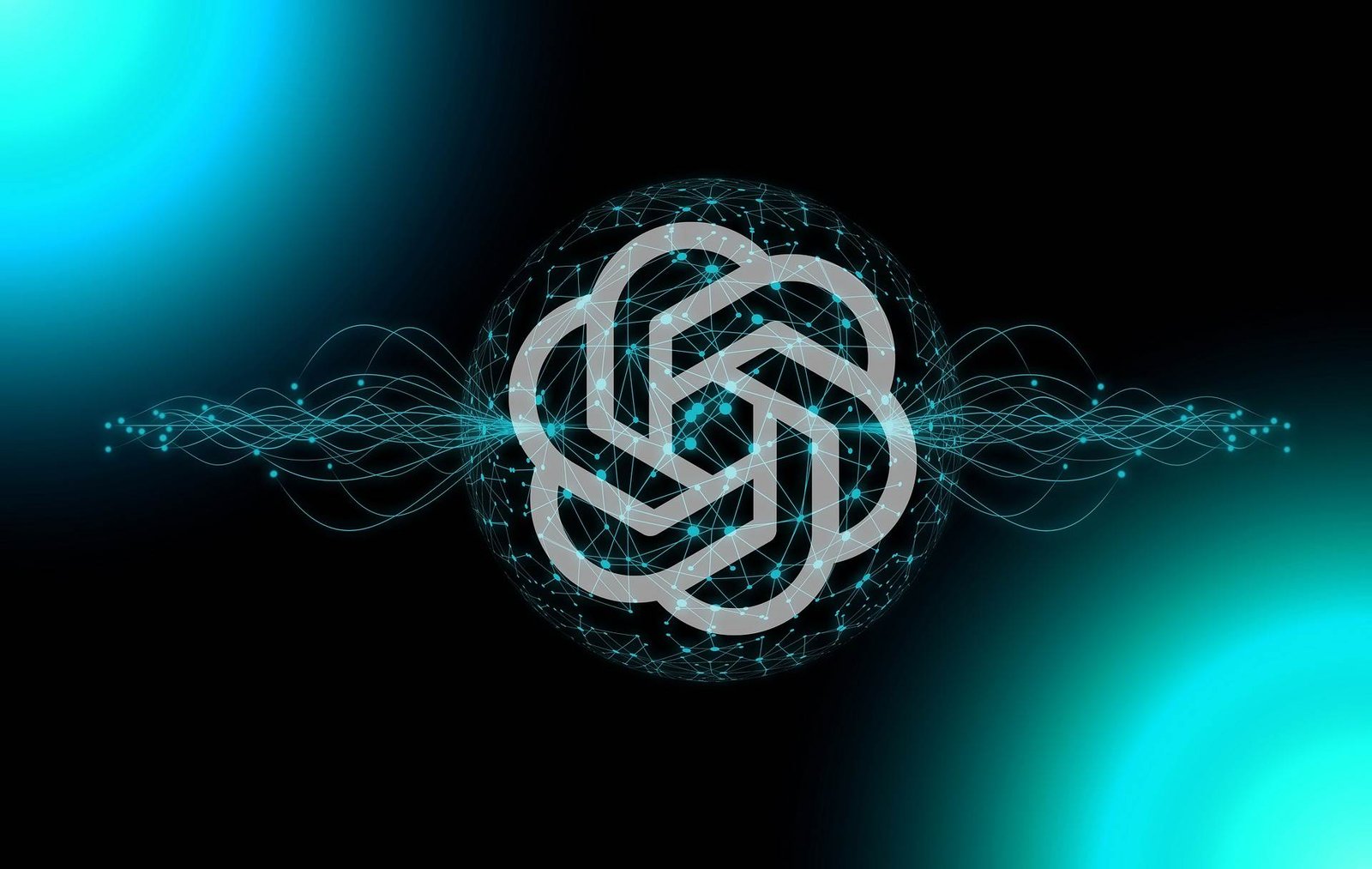Artificial Intelligence (AI) has been a topic of interest for decades, but it is only in recent years that it has started to gain traction in mainstream technology. AI has the potential to revolutionize the way we live, work, and interact with each other. In this blog, we’ll take a closer look at what AI is, its current state, and the potential it holds for the future.
What is AI?
AI refers to the development of intelligent machines that can perform tasks that typically require human intelligence, such as learning, reasoning, and problem-solving. AI is not a single technology, but a collection of different technologies that work together to achieve intelligent behavior.
There are different types of AI, ranging from reactive machines that can only respond to specific situations, to self-aware systems that can understand their own existence and reasoning. AI can be divided into two broad categories: narrow AI and general AI. Narrow AI is designed to perform specific tasks, while general AI is designed to be as intelligent as a human across a wide range of tasks.
Current State of AI
AI has made significant progress in recent years, thanks to advances in machine learning and neural networks. These technologies enable machines to learn and improve from experience, making them more intelligent and effective over time.
AI is already being used in a wide range of applications, from natural language processing and image recognition to autonomous vehicles and robots. Companies like Google, Microsoft, and Amazon are investing heavily in AI research and development, with the goal of creating more advanced and capable machines.
Potential of AI
The potential of AI is immense, and it is already being used to solve some of the world’s biggest challenges. AI is being used in healthcare to improve patient outcomes and reduce costs, in finance to detect fraud and improve investment decisions, and in transportation to create more efficient and safer systems.
AI also has the potential to create new industries and jobs, as well as transform existing ones. For example, autonomous vehicles could eliminate the need for drivers and create new opportunities in logistics and transportation. AI could also improve the efficiency and accuracy of many industries, from manufacturing to retail to customer service.
However, there are also concerns about the impact of AI on society. Some experts worry that AI could lead to widespread job displacement, inequality, and even existential threats to humanity if it becomes too powerful.
Conclusion
AI is a powerful technology that has the potential to transform many aspects of our lives. It is already being used in a wide range of applications, from healthcare to transportation to finance. However, as with any new technology, there are challenges and concerns that need to be addressed.
As AI continues to develop, it is important that we approach it with caution and responsibility. We must ensure that the benefits of AI are accessible to everyone, and that we are prepared for the potential consequences of this powerful technology.



